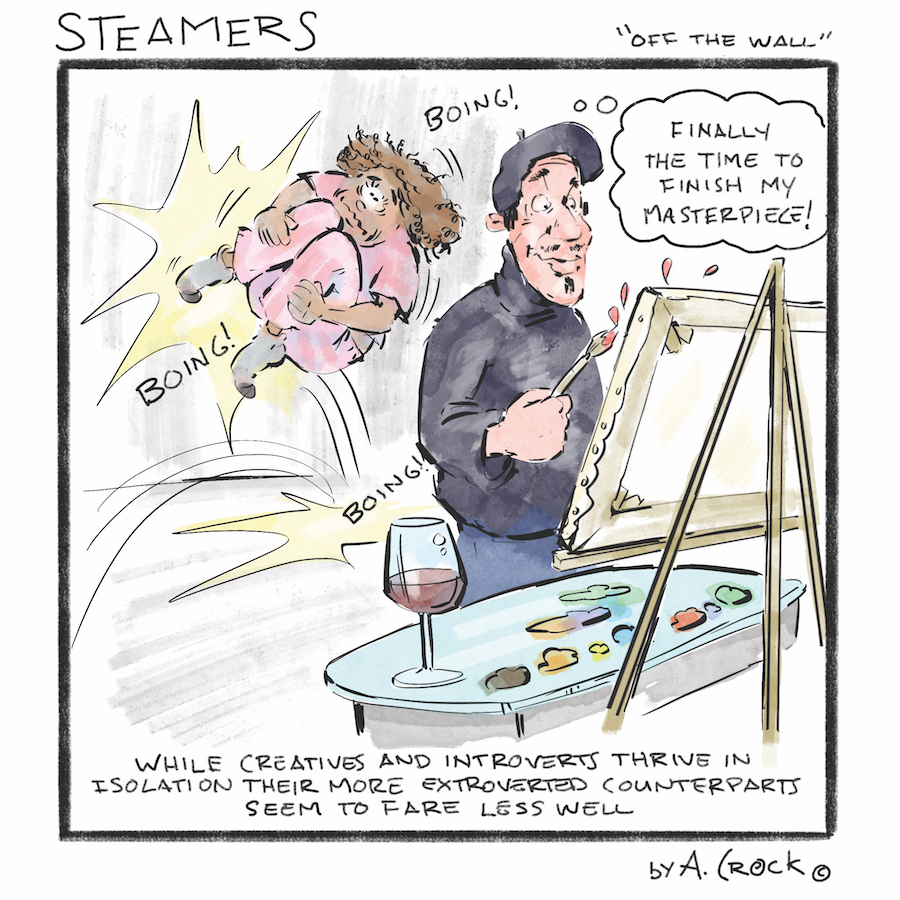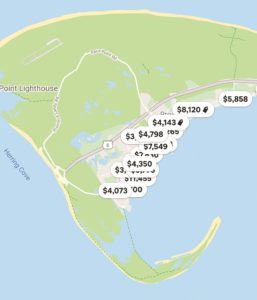
shelter-in-place
CLOSING DOWN
Provincetown Halts All but the Essentials
Airbnb rentals, visitor parking suspended after 2 test positive for COVID-19
Editor’s note: This article has been updated as of Sunday, March 29.
PROVINCETOWN — Town officials were notified of the first two positive tests for coronavirus on Sunday, March 22. Later that evening, the select board declared a state of emergency, and the board of health approved a detailed order for townspeople to shelter in place.
That order specifies what classes of business may remain open, and what sorts of activities are permissible, for the duration of the emergency — currently until at least April 30. The new rules affect short-term leasing of homes and visitor parking; town staff also announced a slowdown on turning on water to seasonal properties.
On Tuesday Town Moderator Mary-Jo Avellar postponed the annual and special town meetings scheduled for April 6 to Wednesday, April 22 “due to public health concerns.”
The state had announced its own shelter-in-place rules on Monday, which varied somewhat from the town’s. “We have to determine how our order interacts with the governor’s order, and we do expect to make some changes,” said board of health Chair Steve Katsurinis. “We’ll be discussing that at our Wednesday meeting.”
At Wednesday’s meeting, the board of health voted to suspend its own order in deference to the governor’s similar statewide shelter-in-place order.
Among the restrictions Katsurinis did not expect to change: prohibiting the leasing of homes.
“It was our intention that people who don’t have connections to the town, like people who stay in Airbnbs, wouldn’t come here during this COVID-19 epidemic to ‘ride it out,’ ” said Katsurinis. “Our health care system is limited,” he added. Existing bookings remain valid, but bookings made after March 23 will not.

Enforcing this provision might not be easy. The health dept. has authority over hotels and short-term rentals, but for years only a few people have signed up for the department’s short-term rental certificates. Recently compliance has improved, and there are now about 700 certificates for short-term rental properties, according to Aaron Hobart, the town’s code compliance officer.
The Provincetown housing study conducted by UMass-Dartmouth in 2018, however, estimates that 2,300 units in Provincetown are seasonally vacant. As of Tuesday, Airbnb.com showed 118 properties in Provincetown that could accommodate four people and were available for the whole month of April. On Homeaway/VRBO, there were 189 properties available that could accommodate four people for the whole month. Collectively, that could be a lot of people, but with the health dept. tracking actual coronavirus cases, it could fall to the owners themselves to comply with the new order and take down their listings.
Parking Rules
A ban on visitor parking in town was part of the initial announcement of the state of emergency on Sunday night. The press release banned “nonresident vehicles” from parking in town — a turn of phrase that seemed to also ban cars with nonresident parking stickers. Those stickers are purchased by people who work in Provincetown but live in neighboring towns, and people who own property in Provincetown but have a primary address elsewhere.
On Monday, the police dept. issued an expanded statement. “The intent of the parking ban is to make clear that Provincetown is not business as usual during a state of emergency,” it read. “We are not barricading our borders, but anyone coming to Provincetown to conduct essential business needs to comply with the shelter in place order and must practice social distancing.”
The statement went on to explain that the parking ban only applies to Commercial Street between Pearl Street and Central Street. At municipal parking lots, all of the various town permits from 2019 are still valid until May 1. Additionally, “all employees and customers of essential businesses and services” may use the municipal parking lots as well, even if they don’t have town permits.
Water Service
On the Friday before the emergency order, Provincetown stopped taking new reservations for water turn-on service for seasonal homes. Some interpreted this as an effort to keep people from relocating here, but town staff insisted that was not the case.
“We are doing this to protect our staff, the local plumbers, and the residents,” said DPW Director Rich Waldo. “Sometimes our service techs have to go into small crawl spaces with the plumber, or inside the house where the residents are. Every situation is a little different, but they often have to go into tight quarters to get the water on.”
Essential employees are currently being separated, with some at home and some at work, so they do not all get sick at once. Departments like DPW are effectively at half of normal crew. That, plus a backlog of existing reservations for water service, led the department to request a pause in taking new reservations.
Truro resident Barbara Kearney, who lives in a 250-square-foot cottage at Beach Point from April to November, was informed by her management company that her cottage would not get water in early April as planned. “Not everyone who lives at Beach Point is a second-home owner,” said Kearney. “I bought a cottage at Beach Point only because I couldn’t afford a year-round place. I move twice a year like a lot of people, and I housesit for someone all winter.”
To Kearney, the slowdown represents a “rush to judgment, and no transparency.” She added, “If they’re not going to turn on the water, they should explain themselves, make the case.”
“If there are extenuating circumstances, and people call us, we will see what we can do,” said Waldo. “I can tell you this has nothing to do with the Connecticut people and the New York people and all that. Our goal in town is to protect the public,” he said. “There’s a lot of elderly people here. We’re trying to limit those exposures.”
